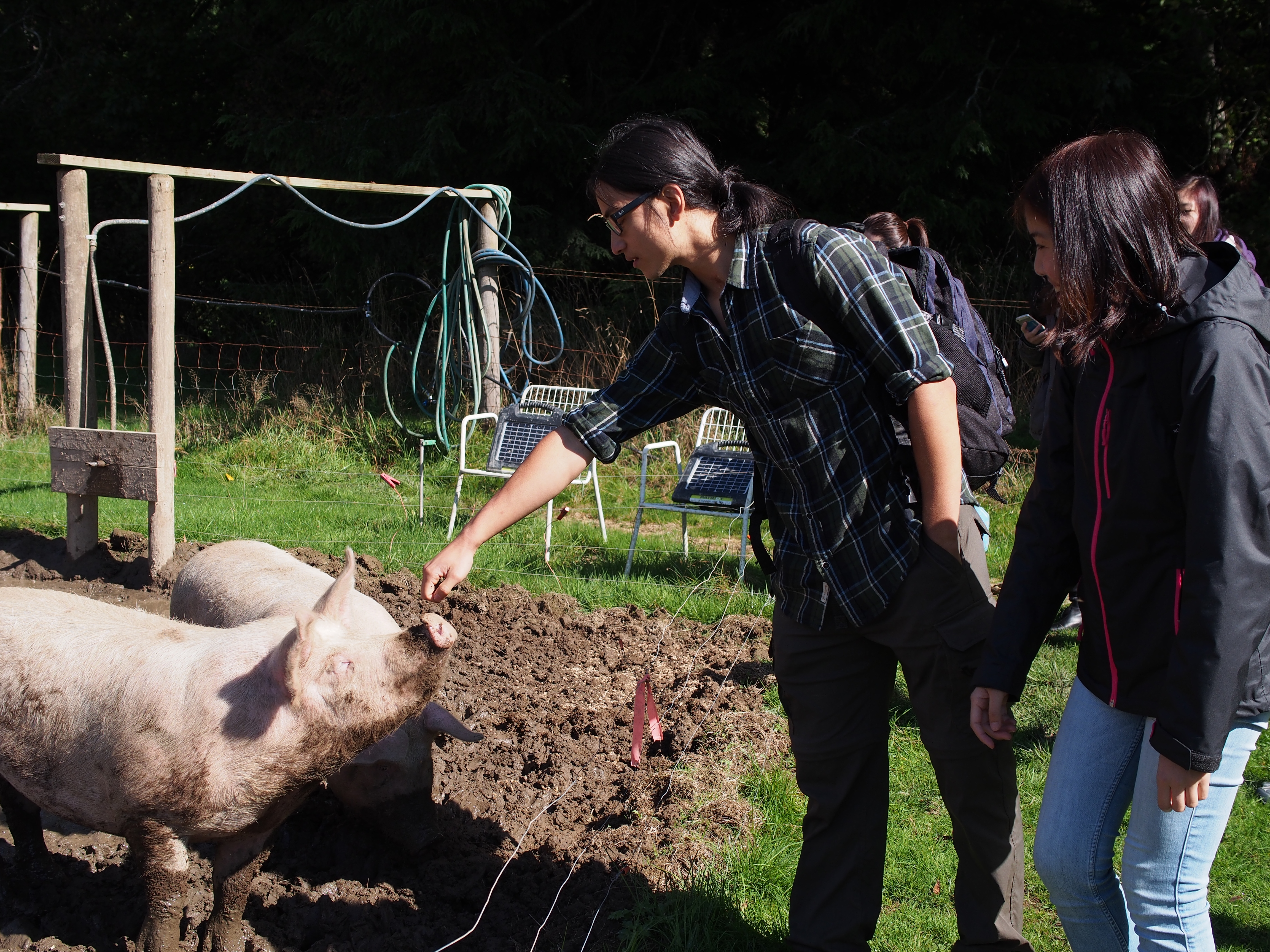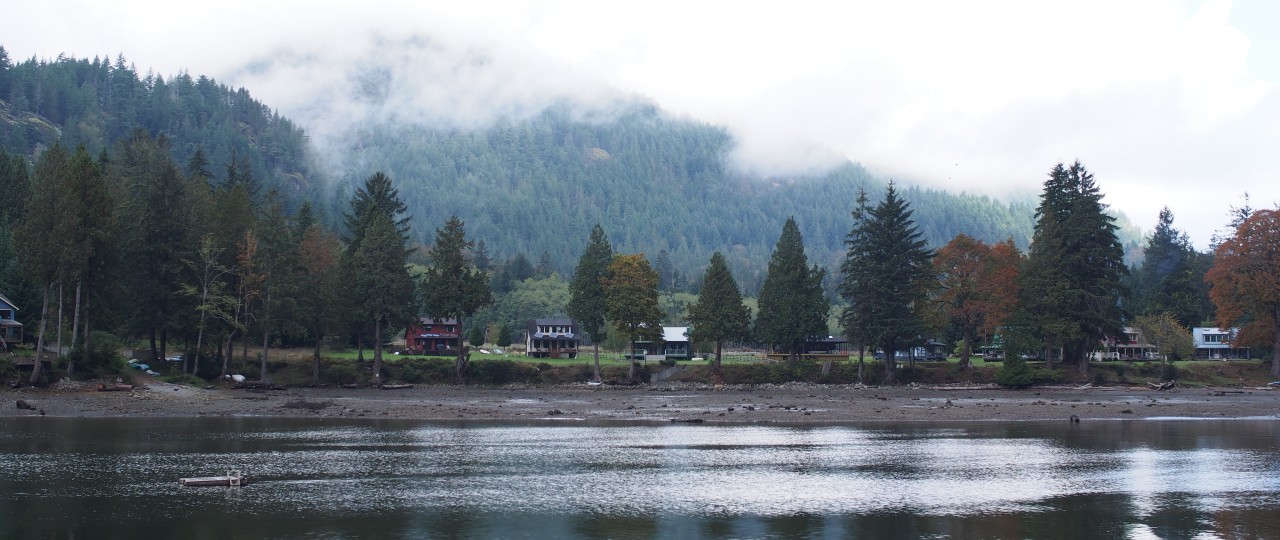Project progress
Achievements + weekly objectives
This is Terry of group 3 writing today. I’ll be giving everyone a progress report on our project thus far. Last week we presented our project proposal to our class and completed the written project proposal. The feedback we received from our instructors was quite positive, and we managed to get some useful tips for resources from the course instructor Will. We’re certain our project won’t suffer from scope creep because we’ve realized that in our 10 weeks left in this semester, we can’t afford to spread our efforts too thin. A small, but fully fleshed-out project is ideal. For now, we need to focus our efforts on achieving the objectives and goals that we’ve set out.
Moment of Significance: Tensions and opportunities in community-based project development
What?
We listened to three ‘Moth’ podcast stories relating to personal connections to food, health, environment, and culture. As a group, we found the importance of listening to be a unifying theme in these three contexts. That is, listening not only with your ears, but really listening to understand people’s needs and concerns at a deeper level. Also, many of these stories had a common theme of irony and cultural identity. I think for our group, discussing the podcasts was a really good way to better understand each other’s values and goals – so perhaps this was our moment of significance.
Jensi Sartin, of The Fish Bank (1) told a tale about his experiences establishing a Fish Bank in Bali, Indonesia in an attempt to bolster local livelihoods and food security. Sartin was able to exemplify this concept with ease. When he asked the Bali fisherman what he could do to help him increase his catch, the fisherman responded with “If you can bring back the fish, we will fight again”. A seemingly daunting task, Sartin listened to the concerns and took this opportunity for an asset-based approach – successfully creating a protected area for fish populations. By reducing the environmental pressures on the fish populations and ‘leaving them alone’, they were able to recover and ended up with more. Because there is a lot of people that depend on the coral reef not only for their livelihoods but also for food security for their families, he was able to relieve the anxiety in the people by working with what they had available to them and increased community food security.
Lindiwe Majele Sibanda, of Grandma Mahembe’s Farm (2) spoke about her dietary acculturation upon moving to the USA from Africa, and experiencing the fortunes (and misfortunes) of the food abundance. After Sibanda moves to the USA from Africa, and acculturates to the local diet, she becomes overweight due to the abundance and availability of junk foods. After attending a conference on global food security, and hearing a talk about hidden hunger and obesity, she realizes the irony in standing in front of a room full of people talking about food security when she is the embodiment of overindulgence. Clouded in shame, she failed to listen to her own words and realized that she needed to advocate for nutrition security not just food security. Because of her cultural identity, she was raised to believe that if you are big it means you are well-off, and losing weight means that you need a doctor because you are sick.
Lastly, Sisonke Msimang of A Pragmatic Idealist (3), spoke about her time working for the United Nations in the area of youth with HIV/AIDS, where she learned an important lesson about empathy and listening. Msimang took some time learning to listen. During her time at the UN, she worked with Prudence, an openly HIV+ lesbian woman hired by the UN to reduce stigma of hiring HIV+ individuals. The irony of this story is that even though Prudence was hired to reduce the stigma of HIV/AIDS, she herself was ashamed when she went to the clinic and would hide her true identity. Msimang herself failed to realize the insecurities Prudence was experiencing because even though they talked all the time, she wasn’t truly listening and therefore couldn’t truly empathize with her friend.
So what?
Reflecting on these themes of listening, cultural identity, and irony taught us that we need to remember to listen carefully and always try to be true to our own identities. These ideas relate not only to our current project at the GISR but also to our goals as future professionals within the food system. The common themes in these stories also made us recognize how even though our group members are from different disciplines (majors in dietetics, applied bio, food science, nutrition) – we may be dealing with some common themes in our future careers. For example we might all be approaching food security through our own disciplines.
For our community project, we were thinking about how like in the Fish Bank story he had to take a risk to make the fish come back – we too will be dealing with some uncertainties and may need to ‘take risks’. One of our group members was thinking back to her bread making workshop with grade 1 & 2 students in LFS 250 and thinking about how even though there was much uncertainty, they felt that they were able to listen to what the students wanted and adapt that teaching to meet their needs – similarly we may need to adapt our project to suit our community partner’s needs.
Additionally, even though we may have every intention of making an impact in our community projects, we won’t be able to achieve change without truly understanding the issues and listening to our community partners. Because we are using a Asset-Based Community Approach, we believe that we will be able to encourage active citizenship by building a sense of community (4).
Now what?
If there is one lesson we group 3 ought to take home, it is to listen to our to community partners at the Gambier Island Sea Ranch (GISR). I think we must ask ourselves: “Have we glossed over special considerations in initial our proposal? Can we realize the goals of the GISR residents? Do apples really matter? Why is it important to document the history of the GISR? Do we understand the importance of fairly representing the Island’s history?” I’m not sure if we can answer these all of these questions right now. But as our project progresses, we should think about the solutions to these question, and be critical about our decisions and the potential long term impact on both the GISR community and the greater external community who may access our ‘oral history’ in the future.
Upcoming objectives
During our visit to the Sea Ranch, Rosalie gave us samples of apples from unknown varieties of heritage trees. Neither our community partner or any of us know any apple identification experts; therefore, it is our duty to attend the UBC Apple Festival this weekend, where we will be taking the apple samples to be identified by a panel of apple-gurus. Additionally, our course instructor gave us the name of a pomologist that we can try contacting next week if we are still looking for more identifications. I hope that the experts know what they’re doing because otherwise we’ll have to identify them ourselves (and that sounds difficult!). Once we find out what these cultivars are, our next step will be researching the appropriate culinary ways of preparing the fruits. For this our strategy will be doing a preliminary internet search and possibly identifying any books specific to the topic of heritage apples. We are also hoping that some of the members of the community will be contacting us in the next couple of weeks so that we can start scheduling interviews to collect oral histories.
– Terry + Group 3

Terry petting the pigs at the Gambier Island Sea Ranch.
References:
1. Sartin, J. (2014, December 10). The Fish Bank. The Moth Podcast. Podcast retrieved from http://themoth.org/posts/stories/the-fish-bank
2. Sibanda, L., M. (2014, December 10). Grandma Mahembe’s Farm. The Moth Podcast. Podcast retrieved from http://themoth.org/posts/stories/grandma-mahembes-farm
3. Msimang, S. (2014, December 10). A Pragmatic Idealist. The Moth Podcast. Podcast retrieved from http://themoth.org/posts/stories/a-pragmatic-idealist
4. Mathie, A., & Cunningham, G. (2003). From clients to citizens: Asset-based Community Development as a strategy for community-driven development. Development in Practice, 13(5), 474–486.
